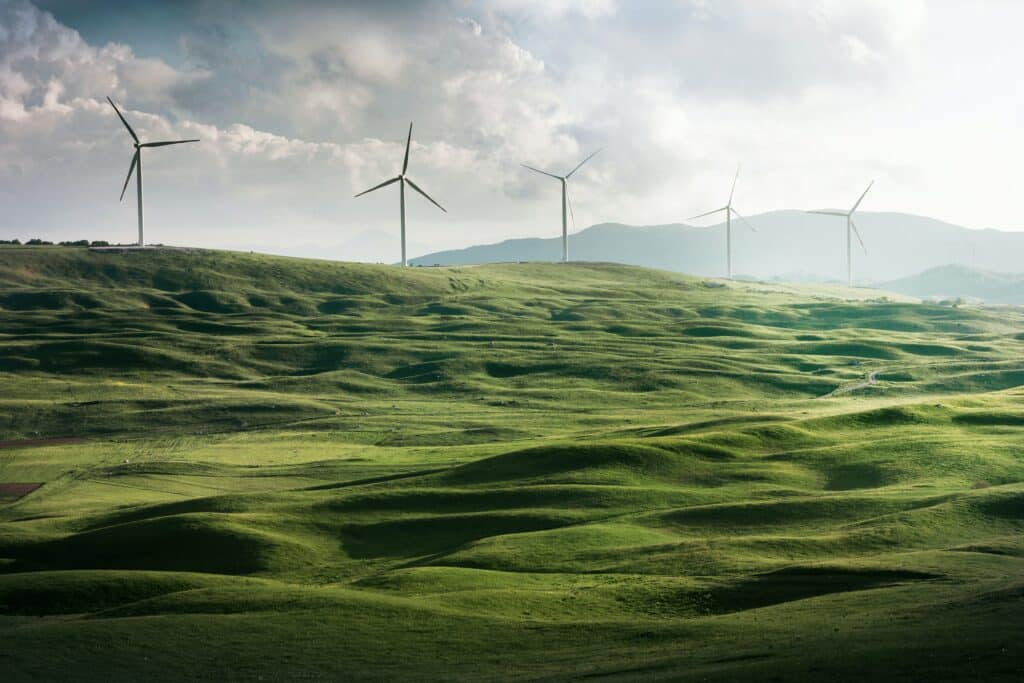
In this episode of the FSR Talks series, we will look at energy transition and the global south.
McKinsey estimates an investment requirement of $275 trillion between 2021-2050. Stanford places the broader cost of-addressing climate change at $400 trillion over the same 30-year period. These outlays are manageable, given the 2022 Global GDP of $104 trillion and its history of doubling every 25 years post-1970.
The issue, however, is that the bottom half of the World, with a combined share of about 10% of the Global GNI and GDP, is required to carry a disproportionate burden of the cost of transition relative to their financial and technical capacity and responsibility.
Given high debt burdens, relatively higher cost of capital, limited domestic surpluses, and multiple demands on these limited resources; the bottom half of the world will be unable to deliver the proposed energy transition.
Funds spent annually on fossil fuels by the world’s bottom half offer a possible solution for meeting the funding shortfall. However, this solution requires unprecedented levels of bridge finance, with concessional IDA type terms, under innovative funding structures, wherein private capital from global capital markets will take out the bridge finance after 8-10 years.
The question is: will the rich half of the world, which currently provides limited levels of IDA funding, bite the bullet?
Host: Jean-Michel Glachant
Speaker: Surya Sethi, FSR Global Advisor
Discussants:
Miguel Vazquez, FSR Advisor
Kavita Rao, Director, National Institute of Public Finance and Policy (NIPFP), New Delhi
Mc Kinsey report: The net-zero transition What it would cost, what it could bring

FSR Climate Annual Conference – 10th edition The Climate Area of the FSR is pleased to announce its 10th Annual Conference…
To meet, discuss and learn in the channel that suits you best.